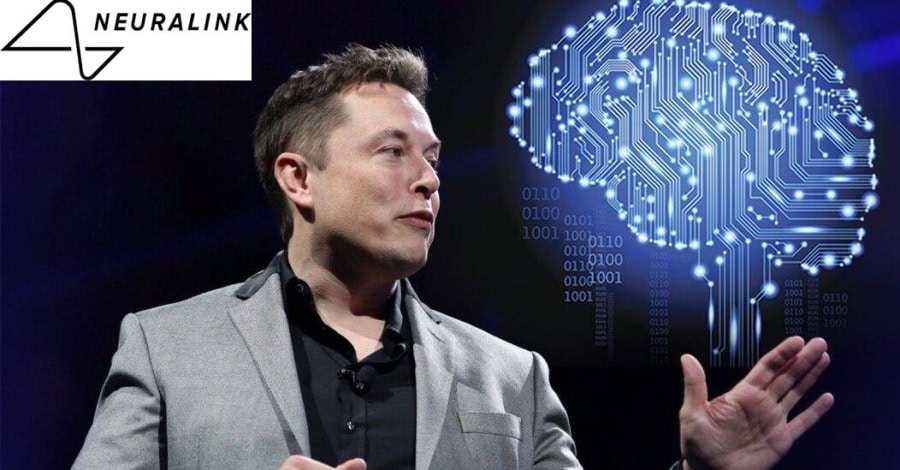The idea of AI and neural implants taking control human mind was once fiction seen in Hollywood movies but it is happening now as Elon Musk’s neurotechnology company Neuralink Corp. implanted a chip in humans in major step to let people control computers and technology with their minds.
The recent move, which promised a breakthrough in neural telepathy, also raised questions about ethical, privacy, and safety concerns but it is said to be a new start of a potential milestone in the development of technology that will aid those suffering from paralysis and other similar conditions.
World’s richest person Elon Musk shared a tweet in which the tech enthusiast confirmed that the patient underwent implant surgery and is doing well. He said there were no major technical problems, without revealing further details.
Enables control of your phone or computer, and through them almost any device, just by thinking.
Initial users will be those who have lost the use of their limbs.
Imagine if Stephen Hawking could communicate faster than a speed typist or auctioneer. That is the goal.
— Elon Musk (@elonmusk) January 30, 2024
Last year, Elon Musk’s neurotechnology firm was looking for participants for trial and a patient suffering from paralysis was reportedly picked for the life-changing surgery.
The company’s first product has been named Telepathy, a concept that shows supposed communication of thoughts or ideas by means other than the known senses.
Neuralink Chip
Musk revealed that Neuralink is working to link between human minds with computers against untreatable neurological conditions. “Initial results show promising neuron spike detection,” he said in a social media post.
As Musk new project excited millions, experts advised caution of actively implanting such devices in human mind. The company earlier faced criticism for animal testing, with reports of approximately 1,500 animal deaths.
Last year, Neuralink received FDA approval to test its brain chip on humans, initiating a six-year study using a robot to surgically place 64 flexible threads on a part of the brain controlling movement intention.










